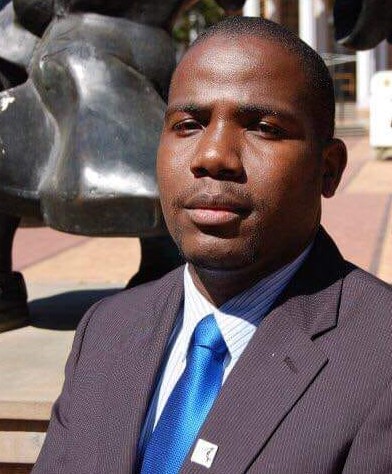The Importance of Delegates to the Annual Conference
By Mxolisi Henry Vilakazi, Contributing Writer
This year, our bishops will conduct the last sessions of annual conferences before the Church moves to the General Conference in 2020. I have attended 10 consecutive annual conferences as a delegate. In all, I have attended 15.
The business ensues in earnest with the bishop calling the previous secretary of the annual conference to conduct the roll call. Immediately thereafter, the agenda is read by the Presiding Elder’s Council, whom I assume the bishop appointed as the Program Committee. Only once, after RAYAC recommendation to the annual conference, did they have a Rules Committee to present rules of the annual conference. Even though the Doctrine and Discipline of the AME Churchreflects that the agenda must be discussed and adopted, this has never happened and the agenda has never been opened for discussions. This is wrong.
From there, the bishop calls the Presiding Elder’s Council again to give names of the persons in various committees and this includes the members to be elected by majority vote. These include the treasurer, secretary, engrossing secretary, and statistician. One then assumes that again the presiding elders are forming the Nominating Committee for the election of the elected positions of the annual conference.
Other business is carried out that includes pastoral reports and delegate requests to return their pastors. Other than that, important discussions from the Task Force, Board of Examiners, Legislative Task Force, Ministerial Efficiency Committee, Presiding Elders’ Apportionment, report of the Finance Committee, Treasurer’s Report, State of the Country, and State of the Church are either ignored or un-entertained by the delegates.
Delegates should know and understand that our Church is a constitutional democracy; and in terms of our laws, we believe in the supremacy of the Doctrinewhich establishes the governance, leadership, management, and doctrinal affirmation of our Church. Therefore, delegates are not there to represent their local churches but are at the annual conference to advance, protect, safeguard, and promote the Doctrine. The genre and discourse of delegates should at all times demonstrate an appreciation of this responsibility.
Delegates and members of the annual conference have a responsibility to ensure that they explore the Doctrinewhich allows the annual conference to deliberate, solve problems, and make decisions. We must see ourselves as true custodians of the doctrinal affirmation of the Church and custodians of the Discipline.
Delegates, have an equal responsibility to ensure that our annual conference sessions are not turned into something else but remain an important forum for prescripts of our doctrine and discipline to be expressed, suggest laws to be passed for deliberations at general conferences, and enforce leadership accountability through the various reports presented to the annual conference.
Delegates must act as spokespersons of the Discipline; contribute toward the processes of establishing and amending our laws, rules, and regulations; and examine the work that is done by the various components, leaders, and auxiliaries as well as organisations of the Church under the jurisdiction of the annual conference.
Delegates are important because they must use their language, text, and ideological foundations to advance the positive aspirations of our Disciplineto jostle for the ideological power struggle, acquire leadership positions, and protect the Church from unscrupulous behaviours. They have a responsibility to use positive law to make claims, persuade, negotiate, set agendas, and build opinions for a better Church.
This is the reason that the Disciplinesays that upon being received into full membership that they may be received into the full connection as members of the AME Church. So, as members received into full connection, the connection is a priority and no constituencies or societies take priority over the whole.





